Advanced Diploma in Stress & Anxiety Management
CPDUK Accredited | 50% OFF Certificate & Transcript
320 Students enrolled on this course 4.6 (5 Reviews)
 Last updated April 17, 2024
Last updated April 17, 2024
Course Curriculum
| Introduction | |||
| About the Instructor | 00:03:00 | ||
| About the Course | 00:04:00 | ||
| Psychology of stress | |||
| What is ‘Stress’? | 00:09:00 | ||
| How does ‘stress’ affect us? | 00:09:00 | ||
| Why do we experience ‘stress’ differently? | 00:10:00 | ||
| ‘Good stress’ (Eustress) Vs ‘Bad stress’ (Distress) | 00:09:00 | ||
| ‘Stress’ and ‘Burnout’ | 00:09:00 | ||
| Individual experiences of "Stress" | |||
| Coping with stress as an individual | 00:09:00 | ||
| Low ability (inability) to cope with stressors | 00:07:00 | ||
| What do people use to cope with stress? | 00:10:00 | ||
| ‘Addictions’ and Coping with ‘Stress’ | 00:09:00 | ||
| Stress Management | |||
| ‘Breathing’ in Stress Management | 00:08:00 | ||
| Stress-Reducing Techniques | 00:10:00 | ||
| Medication Treatments (Pharmacology) – Part 1 | 00:06:00 | ||
| Medication Treatments (Pharmacology) – Part 2 | 00:04:00 | ||
| Nutrition and ‘Stress’ – Part 1 | 00:04:00 | ||
| Nutrition and ‘Stress’ – Part 2 | 00:06:00 | ||
| Psychology of "Anxiety" | |||
| What do we call ‘anxiety’? | 00:06:00 | ||
| What is the difference between ‘stress’ and ‘anxiety’? | 00:07:00 | ||
| When does ‘anxiety’ become an ‘anxiety disorder’? | 00:05:00 | ||
| Anxiety Disorders | |||
| Generalised Anxiety Disorder (GAD) | 00:08:00 | ||
| Social Anxiety Disorder (Social Phobia) | 00:08:00 | ||
| Panic Disorder | 00:07:00 | ||
| ‘Addictions’ and Anxiety Disorders | 00:00:00 | ||
| Coping with Anxiety | |||
| Psychotherapy for Anxiety Disorders | 00:08:00 | ||
| Cognitive Behavioural Therapy (CBT) for Anxiety Disorders | 00:09:00 | ||
| Mindfulness & Mindfulness Based Therapy (MBT) | 00:11:00 | ||
| Medial Treatments (Pharmacology) | 00:05:00 | ||
| Anxiety-Reducing Techniques | 00:10:00 | ||
| Final Words | |||
| Good Bye and Thank You! | 00:02:00 | ||
| Resources | |||
| Resources – Advanced Diploma in Stress & Anxiety Management | 00:00:00 | ||
| Order your Certificates & Transcripts | |||
| Order your Certificates & Transcripts | 00:00:00 | ||
Course Reviews
Frequently asked questions
Can’t find the anwser you’re looking for ? Reach out to customer support team.
Anxiety is a persistent feeling of worry, fear, or unease, often about something specific or unknown. Stress is the body's response to demands or pressures, whether real or perceived. While anxiety is a psychological state, stress can manifest as a physical, emotional, or mental reaction.
Common symptoms of stress include headaches, muscle tension or pain, fatigue, changes in sleep patterns, and irritability or mood swings. Additionally, individuals may experience digestive issues, difficulty concentrating, increased heart rate, and changes in appetite or weight.
The three main types of stress are acute stress, which is short-term and triggered by immediate stressors; episodic acute stress, characterised by repeated episodes of acute stress; and chronic stress, which persists over a prolonged period and can result from ongoing life challenges or traumatic experiences.
Effective stress management techniques include practicing relaxation techniques such as deep breathing or meditation, engaging in physical activity or exercise, setting boundaries and priorities, seeking social support and maintaining a healthy lifestyle.
Warning signs of stress may include physical symptoms such as headaches or muscle tension, emotional symptoms like irritability or anxiety, cognitive symptoms such as difficulty concentrating, behavioral changes like increased substance use or social withdrawal, and interpersonal difficulties or relationship conflicts.
Stress can have numerous effects on physical, emotional, and mental well-being, including increased risk of chronic health conditions, weakened immune function, fatigue, irritability, anxiety or depression, digestive problems, sleep disturbances impacting overall quality of life..
While it's impossible to completely avoid stress, individuals can reduce its impact by practicing healthy coping strategies such as time management, setting realistic expectations, maintaining a balanced lifestyle with proper nutrition and exercise, fostering social connections, setting boundaries, and seeking support when needed.
Common symptoms of anxiety include excessive worry or fear, restlessness, irritability, muscle tension, and difficulty concentrating. Additionally, individuals may experience physical symptoms such as rapid heartbeat, sweating, trembling, fatigue, digestive issues, and sleep disturbances.
Dealing with anxiety involves practicing relaxation techniques like deep breathing or mindfulness, challenging negative thoughts, maintaining a healthy lifestyle, seeking support from friends or family, and considering therapy or medication if anxiety becomes overwhelming.
The 3-3-3 rule for anxiety involves identifying three things you can see, three things you can hear, and three things you can touch in your immediate environment. This grounding exercise helps shift focus away from anxious thoughts and brings attention to the present moment, reducing anxiety symptoms.
Anxiety can be identified by recognising symptoms such as excessive worry, restlessness, irritability, muscle tension, difficulty concentrating, and physical symptoms like rapid heartbeat or sweating.
The duration of anxiety varies depending on individual factors, the severity of symptoms, and the presence of underlying conditions. While occasional anxiety may last for brief periods, anxiety disorders can persist for weeks, months, or years without treatment.
Anxiety is normal and can serve as a natural response to stress or perceived threats, helping individuals cope with challenges and navigate uncertain situations. However, excessive or persistent anxiety that interferes with daily functioning may indicate an anxiety disorder requiring treatment by a healthcare professional.
Anxiety can be temporary or permanent depending on individual factors like the underlying conditions and the effectiveness of treatment. While occasional anxiety may resolve on its own or with coping strategies, anxiety disorders may require ongoing management and support to minimise symptoms and improve quality of life.





 LOGIN/Sign up
LOGIN/Sign up
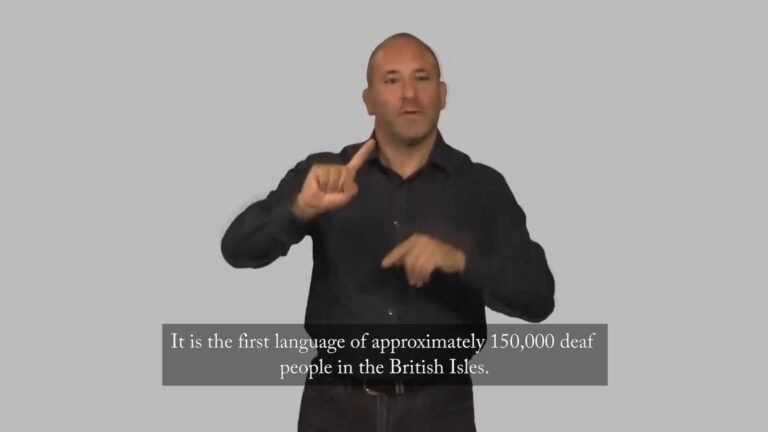
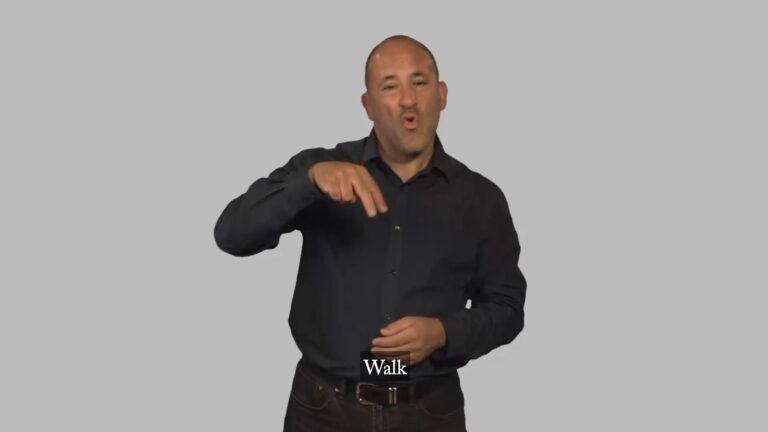
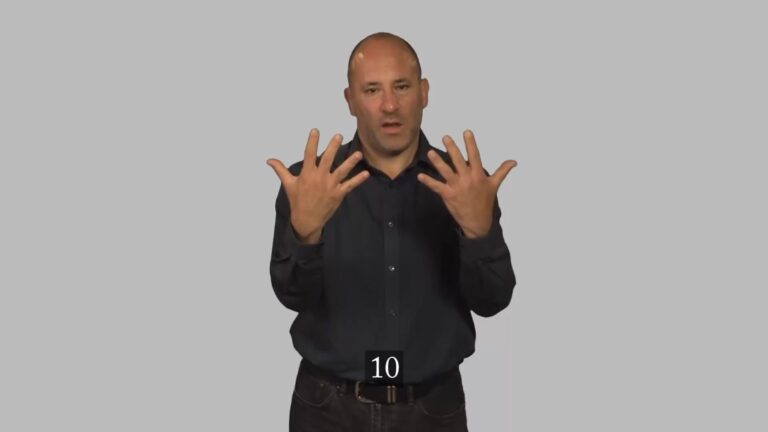
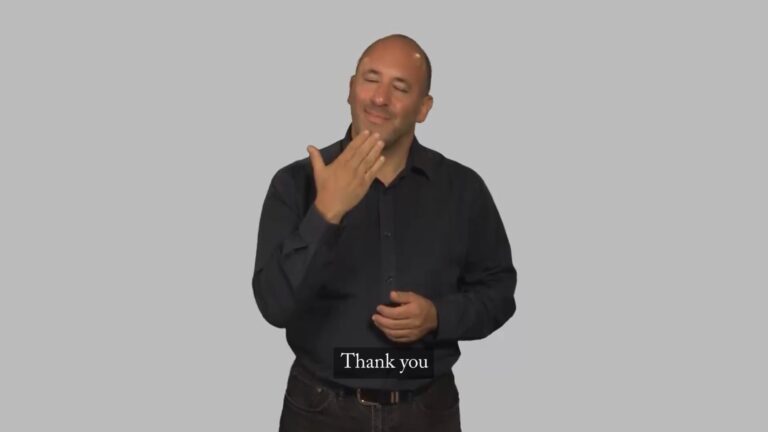
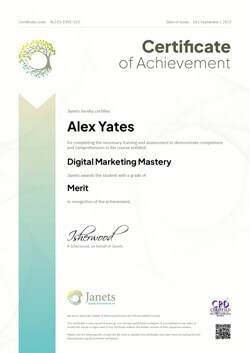
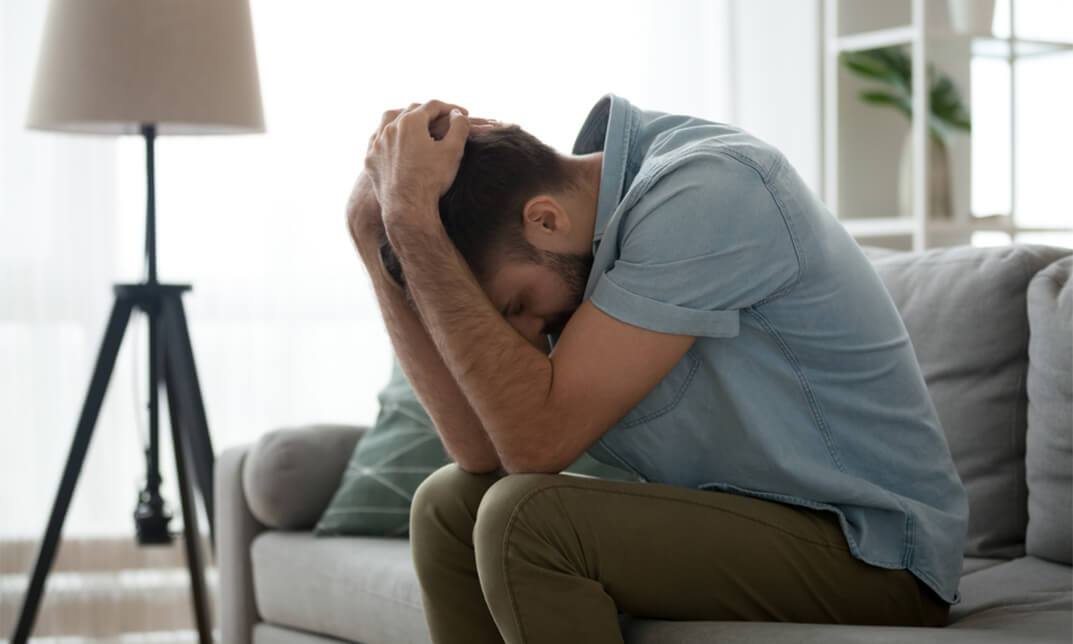




Samuel Wall
Thank you very much for providing such an excellent course! I learned a great deal about stress and anxiety management.
Morgan Fraser
Amazing contents. You will get your value for money.
Lydia Davey
Great course for aspiring therapists looking for the secret traits of a successful therapist.
Ellie Quinn
I enjoyed every lesson of this course. This course is fantastic. It has helped me to understand the steps of managing my stress and anxiety.
Erin Rice
Loved all the modules. The best part about this course is that it cuts all fluffs and focuses on essential topics and can’t be found for free on the internet.